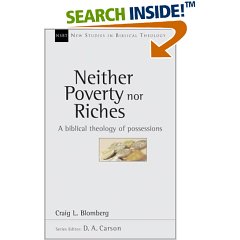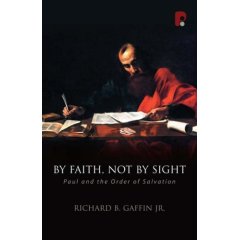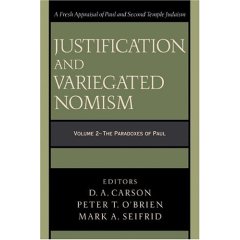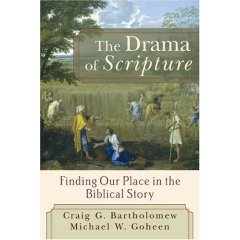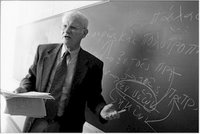Here's a letter from my friend, Laurie, who just came back from Sudan and has graciously allowed me to post it here. Check it out to see what God is doing in Sudan

Moto Zi Ye (Greetings all)!!
Merry Christmas!! I hope you are enjoying the holidays and experiencing God’s goodness. I recently returned from a mission trip to Mvolo, Sudan. Thank you so much for your support, encouragement, and prayers. It was intense – from the living conditions to the isolation and devastation. However, amidst the difficulties was the faithfulness of God’s promises and His almighty power to redeem, renew, and restore. His mercies are new every morning.
God gave us opportunities to repair water wells and tell Bible stories. He opened doors to communicate His Word to the village and county leaders, some of whom are not believers. They even asked us to pray for them. We took a day trip to Kulu, a village that was attacked by another tribe this past May. While there, we gave supplies, shared God’s Word, and prayed for them. My heart broke to see the desolation and loss; however, I saw evidences of hope and life from changed demeanors to the beauty of God’s creation. God has not forgotten them and will restore them.
Our team leader told us that the Jur people would die for us. After living among them, I realized the truth of his words. The Jur people treated us like royalty. They gave us the best of their food and seats of honor. As we walked along the dirt paths, they ran to greet us. They embraced us into their lives, and I’ve embraced them into mine.
This trip was "extreme missions". We lived in mud huts, filtered drinking water, walked through the bush, washed our hair with dirty water, and killed roaches and other insects before entering the latrine. There was no electricity or running water. The weather was over 100 degrees on a daily basis. I’ve never been so consistently filthy, dirty, sweaty, and smelly in my entire life. However, I experienced the sufficiency of God’s grace and His strength to move to the next level of living by faith for the glory of God. I learned much about physical, mental, emotional, and spiritual perseverance while in the midst of desperate dependence on the Holy Spirit.
I can still see the "million dollar smiles" on children’s faces, hear the beating of the drums, and imagine dancing with the Jur people. There’s something life changing about seeing God work in the ends of the earth to bring salvation, redemption, hope, and healing. I’d never been so far removed from everything familiar except God Himself. It’s true: He will never leave us or forsake us. God is good and what He does is good.
For His Glory,
Laurie C. Lau
P.S. You can read more about the mission trip and ministry on www.aidsudan.org.




 Ben with Big Jake
Ben with Big Jake Ben with J. Ho (the real one)
Ben with J. Ho (the real one)

 Ben with Novak
Ben with Novak Yao with the people
Yao with the people Yao playing air hockey with the kids
Yao playing air hockey with the kids
















